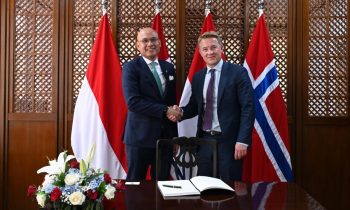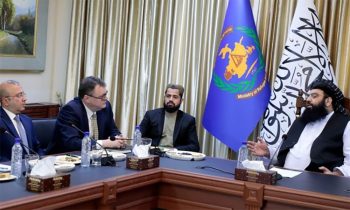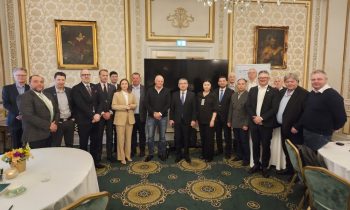Today marks exactly one year since North Korea’s leader and a sitting U.S. sitting president met for the first time in history for summit talks. The unprecedented event opened a new chapter in history, otherwise known as the Singapore summit.
It was a promising moment for the two sides to start building trust, reflected on the joint agreement they signed in Singapore. However, nuclear negotiations hit a snag during their second summit in Hanoi, and not much progress has been made since then.
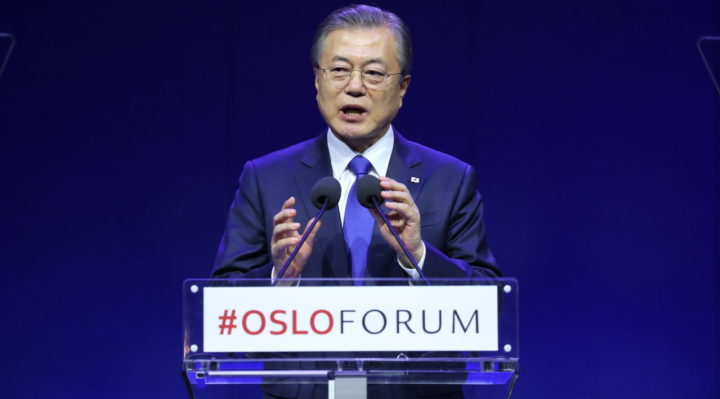
Against such backdrop, President Moon Jae-in has just delivered a speech in Oslo mentioning his peace process on the Korean Peninsula, during the second leg of his across three Nordic nations.
South Korean President Moon Jae-in unveiled his “peace for people” vision Wednesday, pledging to make non-stop efforts to resolve “structural violence” that Koreans have suffered due to division.
He was addressing the Oslo Forum in the Norwegian capital on the first anniversary of the historic Singapore summit between US President Donald Trump and North Korean leader Kim Jong-un.
He admitted that denuclearization talks appear to be in a stalemate but described it as part of a process to build mutual confidence.
The summit agreement is “moving forward,” Moon said.
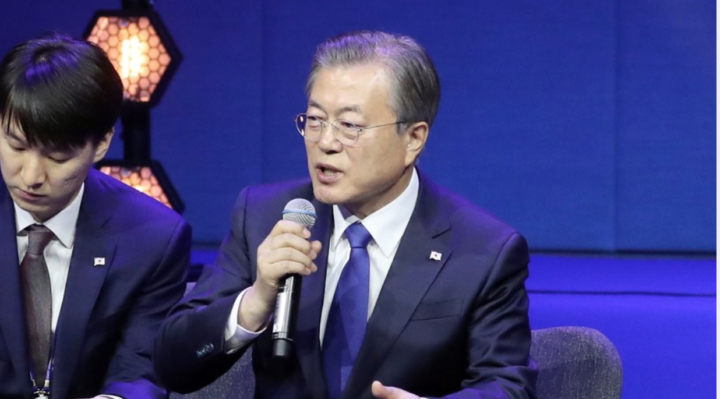
He cited Norway’s experience in regional peace, speaking at the University of Oslo.
“Norway has never faltered on the journey for peace, as evidenced by the peace that exists today. Likewise, the Korean government will stride forward unwaveringly, to achieve peace without fail,” he said.
He referred to a “positive peace” concept formulated by a famous Norwegian sociologist, Johan Galtung.
“It is important to peacefully resolve the structural violence that the people of the two Koreas have suffered because of division,” he said. “I would like to name it as ‘peace for the people.'”
As a first step, the two Koreas must address the damage frequently reported in their border areas, especially in and around the Demilitarized Zone (DMZ), Moon said, adding that the “permanent legations” laid out in the 1972 German Basic Treaty can be an example.
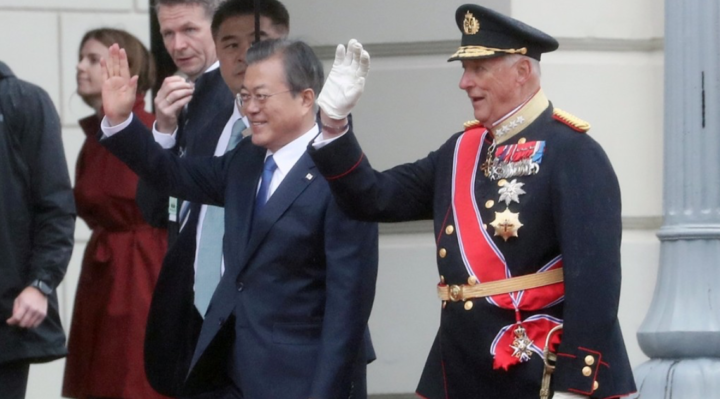
The two sides “took advantage of these permanent legations to make swift and joint responses to fires, floods, landslides, infectious diseases, insect damage and water contamination occurring in border areas,” he noted.
What is most important is to deepen mutual understanding and trust, thus strengthening the will for dialogue, the president said.
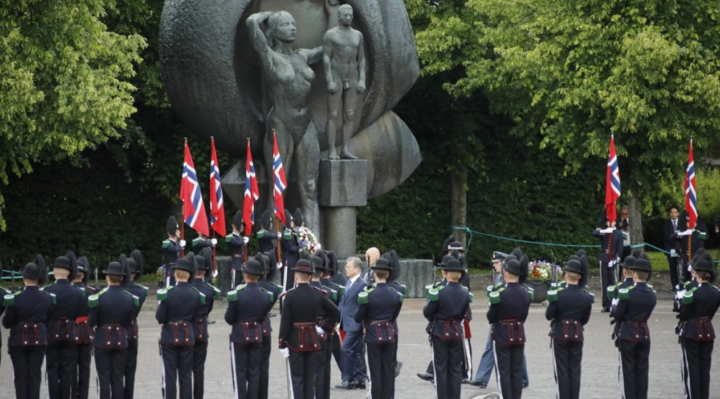
His remarks were reminiscent of his landmark Berlin speech in 2017, in which he proposed a new peace initiative for the peninsula, leading to North Korea’s participation in the PyeongChang Winter Olympics and a brisk round of summit diplomacy on denuclearization and regional peace.
Oslo is the second leg of Moon’s eight-day tour of Northern Europe to last through this weekend. He made a state visit to Finland and plans to visit Sweden at the invitation of King Carl XVI Gustaf.

